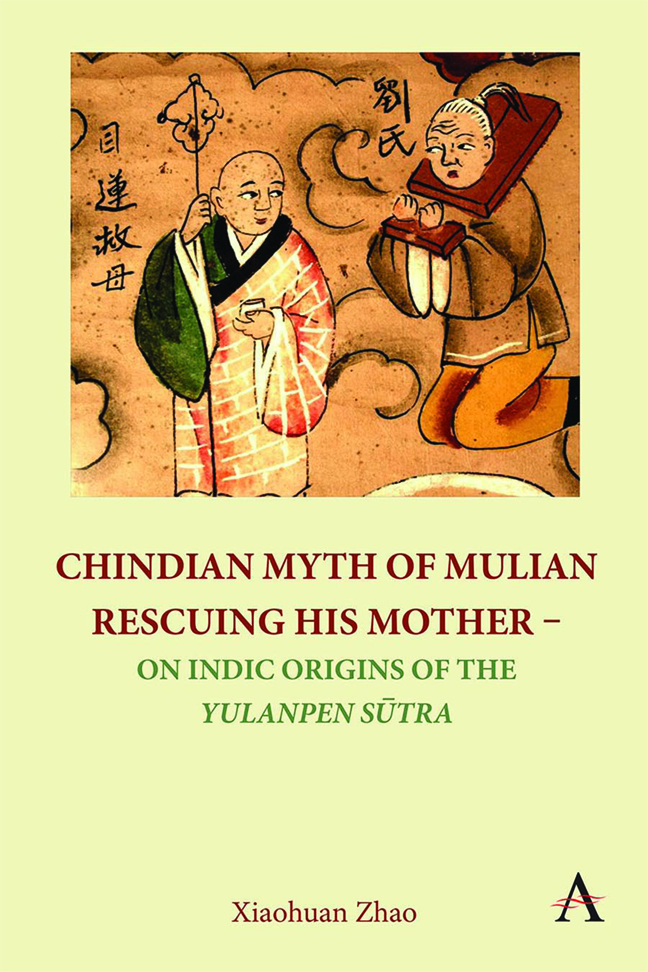Preface
Published online by Cambridge University Press: 02 March 2024
Summary
This book is an outgrowth of a research project I began in 2016 on Nuo theatre (Nuoxi) and Mulian theatre (Mulianxi), the two most representative forms of Chinese temple theatre. Mulianxi is the oldest living Buddhist ritual drama with more than nine hundred years of performance history. At the heart of Mulianxi is the myth of Mulian recusing his mother from Hell, which finds expression in almost all forms of traditional Chinese performance literature and performing arts including Xiqu or Chinese opera. As such, Mulianxi stands as a living testimony of the historical development of Xiqu from myth to ritual and from ritual drama to drama.
My search for the origins of the Mulian myth led me first to the Yulanpen jing or Yulanpen Sūtra, the earliest known Buddhist scripture that features Mulian as a filial son, a devout monk and an epic hero adventuring into Hell to save his mother. At the outset, I took the view widely held among scholars and students of Chinese Buddhism that the scripture was a Chinese Buddhist composition, but when I dug into Chinese Buddhist catalogues for its record alongside relevant Indic sources, Buddhist and non-Buddhist, I became suspicious. Indeed, the deeper I dug, the deeper suspicion I had of the widely held view. Thus, began my years of journey of exploring the Indic origins of the sūtra and the myth. The journey has now come to an end with this book.
Consisting of four chapters in addition to Introduction and Conclusion, the book starts with a quick survey of the history of Yulanpen/Zhongyuan/ Ghost Festival in China, followed by a brief introduction to its scriptural source, that is, the Yulanpen Sūtra, scholarly opinions on the authenticity/ inauthenticity of the sūtra, the central argument of the book and the strategy for developing the argument in the book. The last section of Introduction is a discussion and explanation of key terms such as ‘apocryphal scripture’, ‘doubtful scripture’, ‘(literal, free, creative, text-oriented and reader-oriented) translation’, ‘localisation’ and ‘sinicisation’, which constitute the basis for the development of the argument.
- Type
- Chapter
- Information
- Chindian Myth of Mulian Rescuing His MotherOn Indic Origins of the Yulanpen Sūtra, pp. xi - xiiPublisher: Anthem PressPrint publication year: 2023

